Description
A **Knowledge Encyclopedia of Science** is a comprehensive reference book or collection that covers a wide range of scientific topics. It provides detailed information, explanations, and illustrations of concepts from various branches of science, such as physics, chemistry, biology, astronomy, earth sciences, and more. These encyclopedias are designed to present information in an organized manner, offering a valuable resource for students, researchers, and anyone with an interest in scientific knowledge.
Here’s an outline of the topics typically covered in a Knowledge Encyclopedia of Science:
### 1. **Physics**
– **Classical Mechanics**: Motion, force, energy, Newton’s laws, and more.
– **Electromagnetism**: Electric fields, magnetic fields, electromagnetism theory.
– **Quantum Physics**: Wave-particle duality, quantum mechanics, particles, and forces.
– **Relativity**: Special relativity, general relativity, time dilation, and space-time.
– **Thermodynamics**: Heat, energy conservation, entropy, laws of thermodynamics.
### 2. **Chemistry**
– **Atoms and Elements**: Atomic structure, periodic table, chemical bonds.
– **Chemical Reactions**: Types of reactions, balancing equations, reaction mechanisms.
– **Organic Chemistry**: Carbon compounds, hydrocarbons, functional groups.
– **Inorganic Chemistry**: Metals, non-metals, salts, acids, and bases.
– **Biochemistry**: Enzymes, DNA, proteins, lipids, and metabolic pathways.
### 3. **Biology**
– **Cell Biology**: Structure of cells, cell functions, organelles, and cell division.
– **Genetics**: DNA, genes, inheritance, mutations, genetic engineering.
– **Evolution**: Natural selection, species, adaptation, evolutionary theory.
– **Ecology**: Ecosystems, biomes, food chains, biodiversity, conservation.
– **Human Anatomy and Physiology**: Organ systems, functions, and health.
### 4. **Earth Sciences**
– **Geology**: Rocks, minerals, plate tectonics, earthquakes, volcanoes.
– **Meteorology**: Weather patterns, climate, atmospheric phenomena.
– **Oceanography**: Oceans, currents, marine life, ocean ecosystems.
– **Environmental Science**: Pollution, climate change, sustainability, renewable energy.
### 5. **Astronomy and Space Science**
– **Solar System**: Planets, moons, asteroids, comets, and the Sun.
– **Stars and Galaxies**: Star formation, types of stars, galaxies, black holes.
– **Cosmology**: The Big Bang, the universe’s expansion, dark matter, and dark energy.
– **Space Exploration**: Satellites, space missions, Mars exploration, telescopes.
### 6. **Mathematics**
– **Algebra**: Variables, equations, polynomials, functions.
– **Calculus**: Derivatives, integrals, limits, and applications.
– **Geometry**: Shapes, angles, areas, volumes, and proofs.
– **Statistics**: Data analysis, probability, distributions, hypothesis testing.
### 7. **Technology and Engineering**
– **Robotics**: Robots, artificial intelligence, automation.
– **Computer Science**: Algorithms, programming, machine learning.
– **Civil Engineering**: Construction, infrastructure, materials science.
– **Aerospace Engineering**: Airplanes, spacecraft, flight dynamics.
### 8. **Interdisciplinary Topics**
– **Nanotechnology**: Nanomaterials, nanostructures, and applications.
– **Artificial Intelligence**: Machine learning, neural networks, AI in science.
– **Bioengineering**: Biotechnology, genetic modification, medical devices.
– **Sustainability**: Renewable energy, climate solutions, environmental protection.
### Features of a Knowledge Encyclopedia of Science:
– **Visuals**: Diagrams, charts, and illustrations that help explain complex scientific concepts.
– **Glossary**: Definitions of key scientific terms.
– **Index**: A list of topics and terms to help users find information quickly.
– **Cross-References**: Linking related topics together for deeper exploration.
Many knowledge encyclopedias are available in both physical and digital formats, allowing easy access to this wealth of information. Some are general in scope, while others may focus on specific areas of science, like physics or biology.
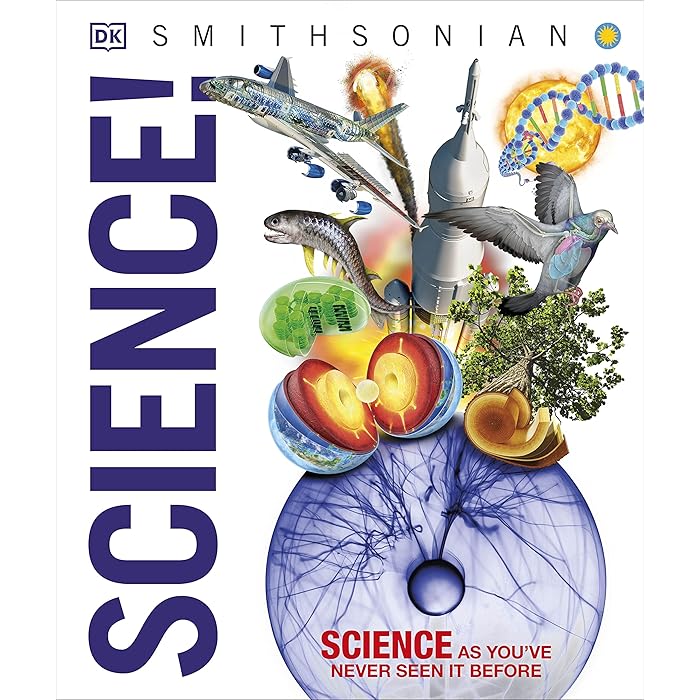



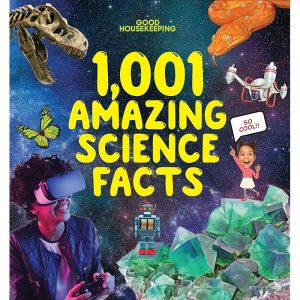



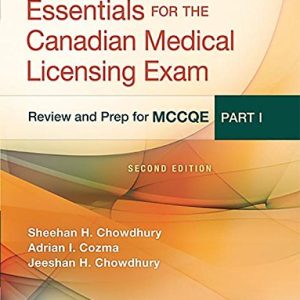







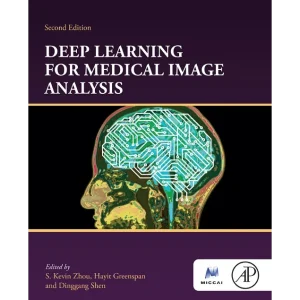










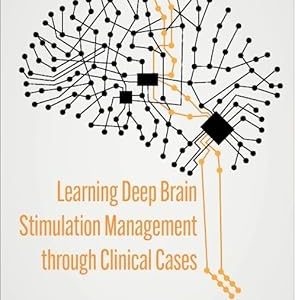























Reviews
There are no reviews yet.